In the sphere of presidential engagement and communication, Nigeria has had different shades of Presidents, from the docile and absent, laidback, garrison-style communication, taciturn, to the pragmatic. Each shade created the mood and tone of the presidency and invariably impacted the quality of leadership the presidency exhibited. Although not ascribing to or recommending any shade of communication and engagement for the presidency, I understand the importance of effective communication and engagement of the President to all citizens and stakeholders of Project Nigeria.
In a republican democracy, the primary assumption is that the President is, first and foremost, a fellow citizen. Therefore, consistent engagement with citizens, interest groups, and special interests is axiomatic. The challenge is that we are yet to accept that ability to engage effectively with our constituents is a critical function of leadership. Our Leaders are used to giving orders only and not listening to the people or explaining why they must make some decisions. The implication is that we have had rulers and not necessarily leaders.
Arguably, the most critical skill needed by a leader is his ability to communicate effectively with citizens, sectoral groups, and structured interest groups to pursue a specific agenda. In a short period, we have witnessed significant changes in presidential engagement. And this is bearing fruit in citizens’ responses. International media and the international community are taking note. On this score, the President is on firm ground and needs to be encouraged. This is where President Tinubu’s early steps of continuous engagement with diverse stakeholders deserve interrogation.
In the first 21 days of the Bola Ahmed presidency, he has met with at least 50 citizens and 20 stakeholder groups. The citizens and groups are as diverse as Nigeria’s divergent sectors and sections. Some of these engagements have led to the defusion of tension, such as with fuel subsidy removal, explaining contentious issues as we had in the foreign exchange unification, or giving insight into presidential actions like the student loan bill. The President has engaged with ex-militants and Niger Delta leaders like Asari Dokubo, Timi Alaibe, Former Emir of Kano and first-rate Economist Sanusi L Sanusi, Billionaire Aliko Dangote, opposition politician Rabiu Kwankwaso, ex-presidents Goodluck Jonathan and Abdulsalam Abubakar, G-5 “PDP” Governors, fiery lawyer Femi Falana, labor leaders Joe Ajaero and Festus Osifo, Sultan of Sokoto, Oni of Ife and other traditional rulers, among several others.
The engagement with Asari Dokubo may have unsettled some presidency watchers. The argument they have against it is that a legitimate state does not engage openly with non-state actors who seize the platform to denigrate strategic state institutions like the armed and security forces no matter their deficits. However, there is still value in that engagement.
President Tinubu’s style is a refreshing and decisive departure from the style and disposition of his immediate predecessor. He has shown a remarkable ability to listen and consult widely. The account of Khalifa Sanusi Lamido Sanusi that he listens attentively, grasps the core issues communicated to him, tries to make sense of these issues, internalizes the significant points raised, and responds appropriately is relevant. Yours truly can confirm it as the truth.
For insight, Nigeria is a democratic country, and the principles of democracy emphasize the inclusion of citizens in decision-making processes. Listening to citizens and stakeholders ensures their voices are heard and considered when formulating policies and making important decisions. Outlining his presidential philosophy during his inauguration speech, the President was emphatic that he would be a servant leader and not a ruler, emphasizing the importance of listening to and engaging with the citizens at various times to feel their pulse, understand their views, dreams, and aspirations, and making decisions that will help actualize his vision for Nigeria and reflect the broader interests of the nation.
Second, engaging with citizens and multiple stakeholders fosters transparency and accountability in governance. By listening to the concerns and feedback of the people, the President can address their grievances, respond to their needs, and explain the rationale behind governmental actions. This helps build trust between the government and the citizens and enhances transparency in decision-making processes. We are a country with a rich cultural, ethnic, religious, and socioeconomic diversity.
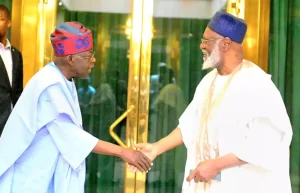
Third, by listening to the concerns of different stakeholders, the President identifies potential conflicts early on and works toward peaceful resolutions. The way the President handled the labor negotiation that led to a quick resolution and how he listened and explained the issue of unification of the exchange rates give ample proof of the efficacy of his communication style. Open dialogue and inclusive decision-making can help prevent or mitigate social unrest and promote national unity. These engagements with multiple stakeholders bring diverse expertise, experiences, and knowledge to the table, which can contribute to the formulation of more effective and well-rounded policies. This can lead to better outcomes and solutions for the country’s challenges.
We may wonder why President BAT’s continuous engagement and communication with citizens, stakeholders, and other special interests deserve close observation. Let us examine three significant reasons.
Undoubtedly, our multi-party general elections produced a president with just about 36% of the voters voting for him and the rest for the other parties. The president understands there was a need for building consensus quickly in his presidency to bring everybody together and lead Nigeria not as an APC president but as the President of Nigeria. This constant engagement is even more crucial at this stage because he does not have a cabinet yet, so it falls on him to make the engagements and decisions and communicate them. This level of engagement may reduce a bit when his full cabinet is in full swing.
The second reason is that the President uses the opportunity to familiarise himself with different issues and perspectives. This allows the President to stay attuned to the evolving concerns and priorities of the people. By actively listening to citizens and stakeholders, the President can identify emerging challenges and respond effectively with policies that address current needs. It is an avenue for feedback on government policies and programs. The President gains diverse insights and expertise by engaging with different stakeholders, including civil society organizations, community leaders, business leaders, and experts. This information helps him make well-informed decisions considering multiple viewpoints and potential impacts.
The next likely reason for BAT’s engagement is that not only is he a natural engager, as seen in his style of politics and governance, but he also has a keen interest in giving citizens insight into how critical decisions were arrived at. This opportunity to explain these decisions and their likely impacts affords President BAT more reasons to engage and get the citizen’s buy-in into his programs, especially in preparing the citizens for the road ahead. Regular interaction allows the President to assess the impact of existing initiatives and make necessary adjustments or improvements. This feedback loop ensures that governance remains responsive and accountable to the people it serves.
The last reason may be that the President wants to build trust, make informed decisions, mobilize resources, prevent conflicts, and promote social cohesion. This is an essential component of effective and inclusive governance that is people-oriented and focuses on policies and projects that serve the people’s interests. Hence, the President’s constant desire to listen, decide, and communicate effectively. This has made BAT’S policy direction so evident to all.
Some significant milestones have been achieved in just 21 days: Oil subsidy is gone; major labor crisis averted; student loan bill signed into law; exchange rate harmonized; house cleaning is ongoing; new electricity bill signed into law; Data protection bill signed into law; building consensus and unifying Nigeria; and wooing foreign investors. These are early days so no objective assessment of his presidency can be done.
Building Nigeria is more than just a job for Mr President. All Nigerians must play their part. However, he has shown outstanding leadership in these early days that is worthy of emulation by leaders in the state and local governments. They must adopt the servant leader approach, build consensus, and engage with all stakeholders in their states and LGAs. Developing Nigeria requires growth at the grassroots.
Failure of the state governors and LGA chairpersons will mock the federal government’s efforts, even with the best policy interventions in place. It is time that governors and LGA chairpersons stop being little emperors, come off their high horses, and serve their people. The difference between good governors and LGA chairpersons and bad ones is seen in the level of development, both infrastructural and human capital development, in these states and LGAs.
There is no doubt that President BAT has hit the ground running as he promised. We commend his leadership and look forward to more achievements from his administration in the days ahead. We also implore other leaders at all levels to embrace stakeholder engagement and communication as practical tools for good leadership.
The quality of President BAT’s cabinet, we hope, will reflect his deep conviction in quality leadership, and the leaders he appoints will continue to build on the momentum he has created in these first few days. Quality leaders create quality leadership, which then creates development. We are full of optimism and hope for what lies ahead for Nigeria. We must all stand together, support his vision, and help build a great nation.
Mr. Peterside is a former Director General of the Nigerian Maritime Administration and Safety Agency, NIMASA.









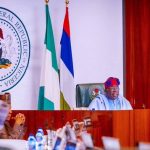


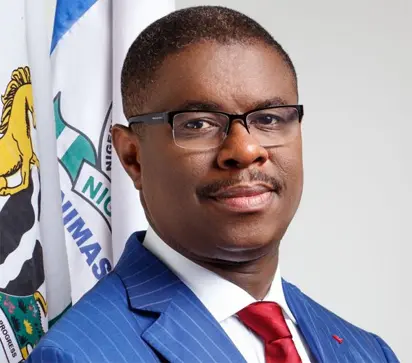
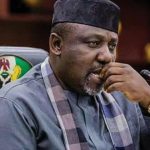
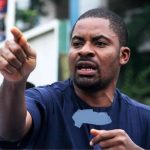














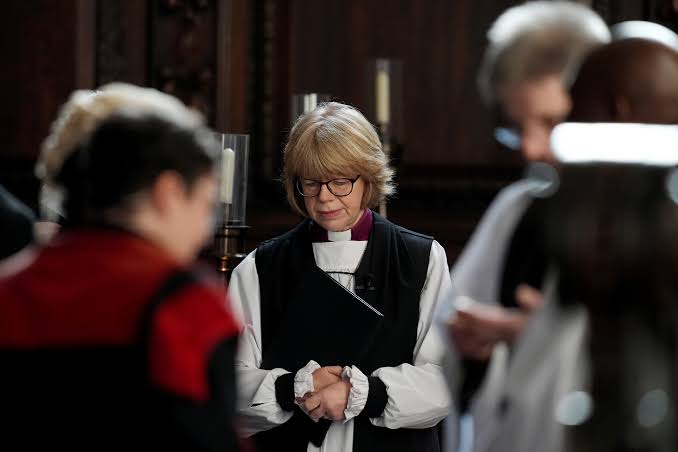
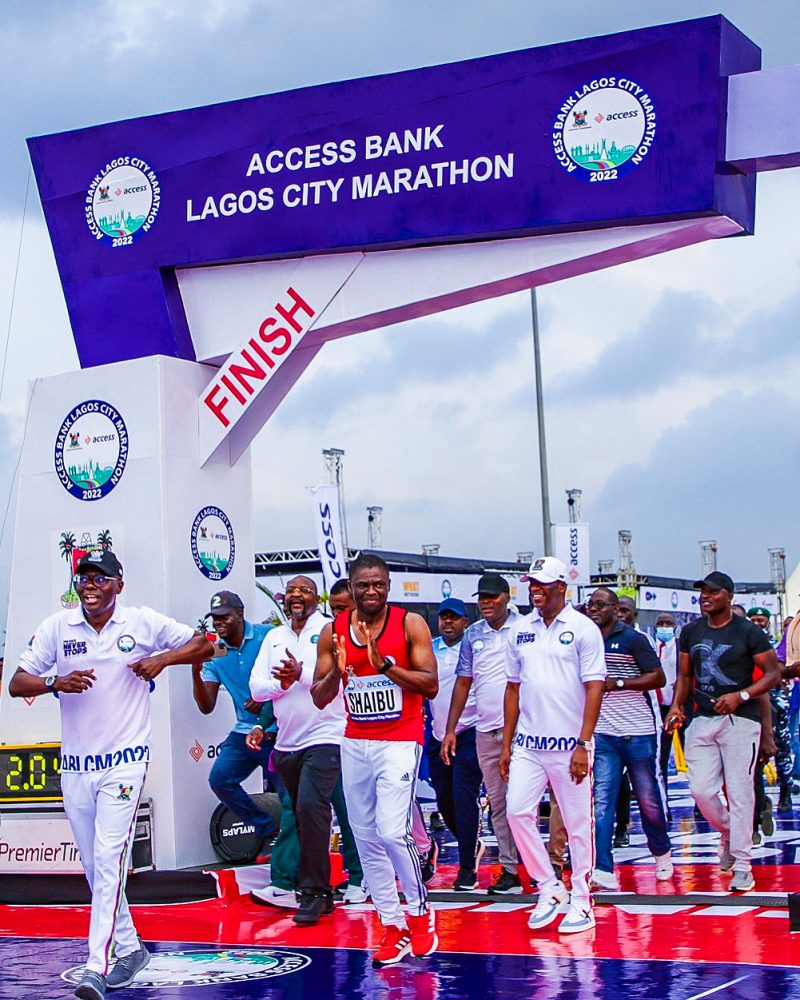
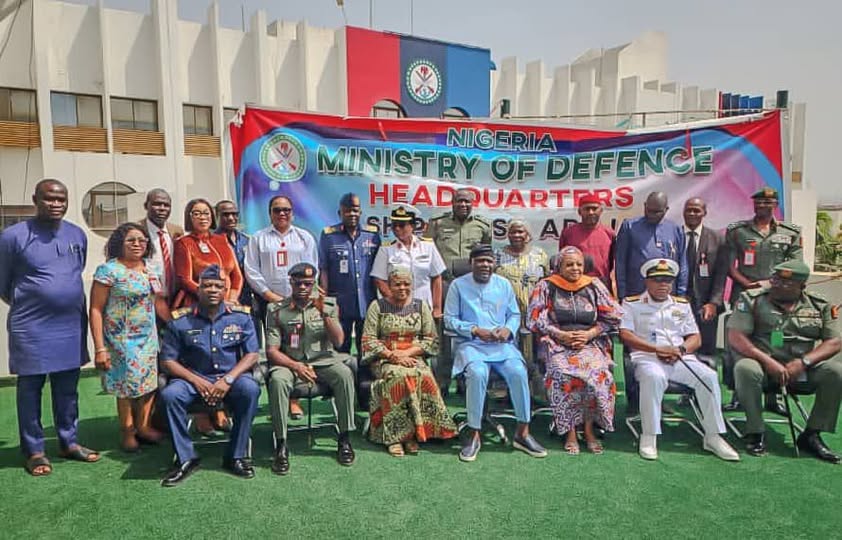
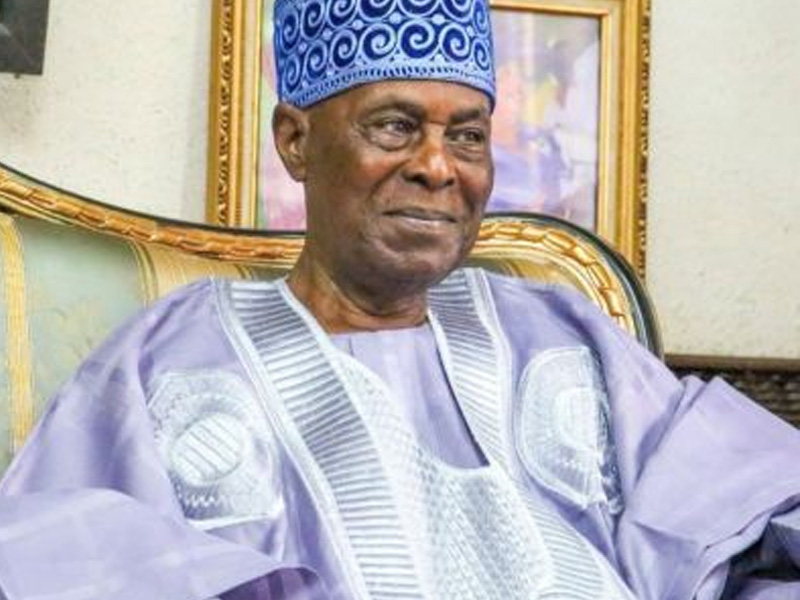

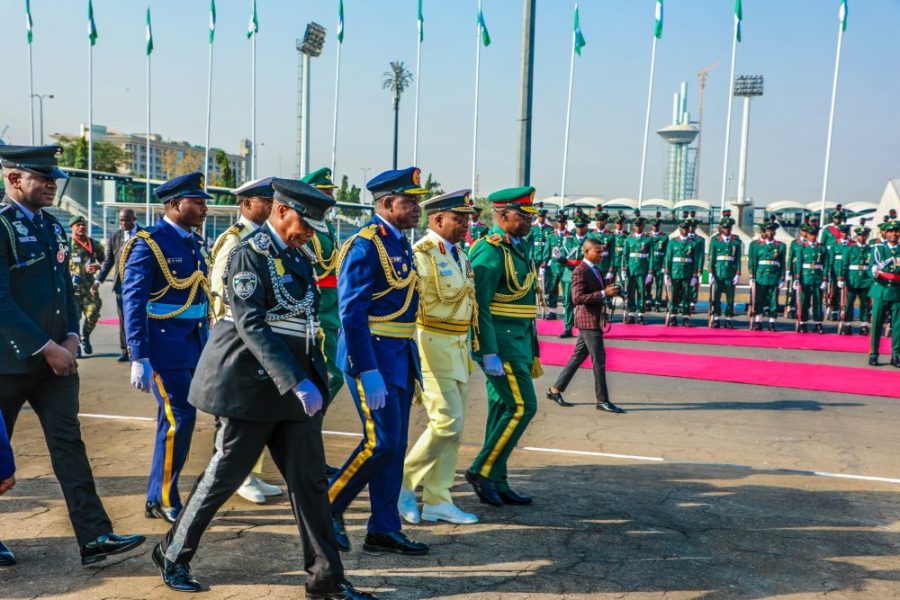
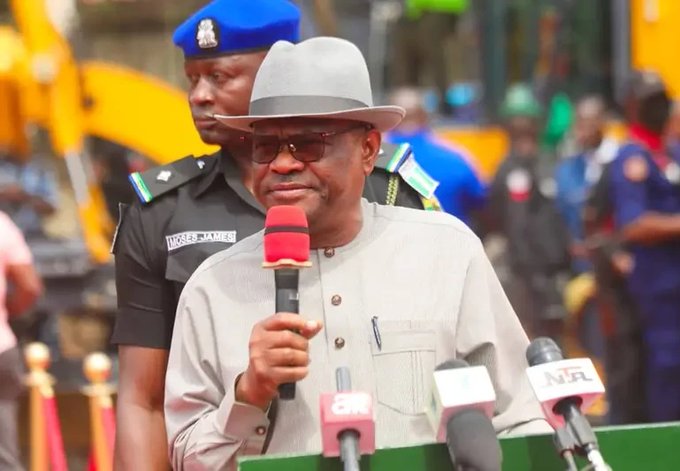
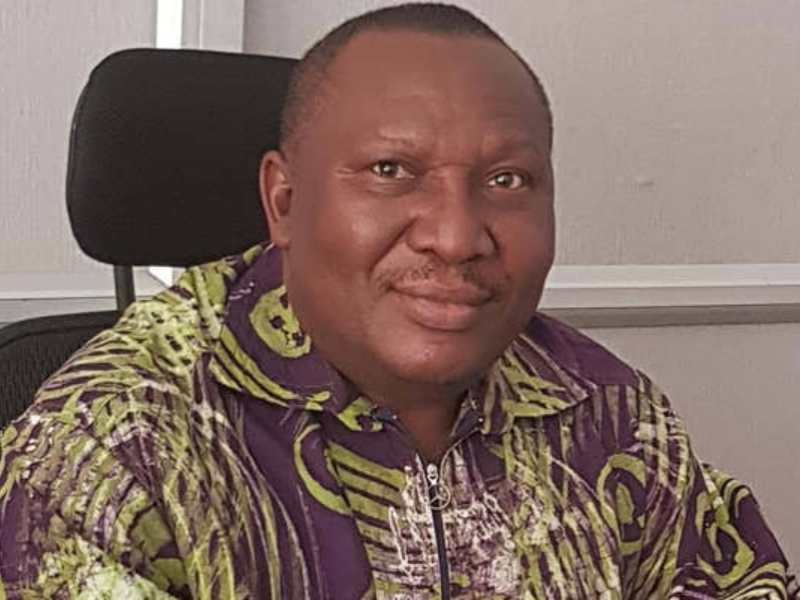
Leave a comment